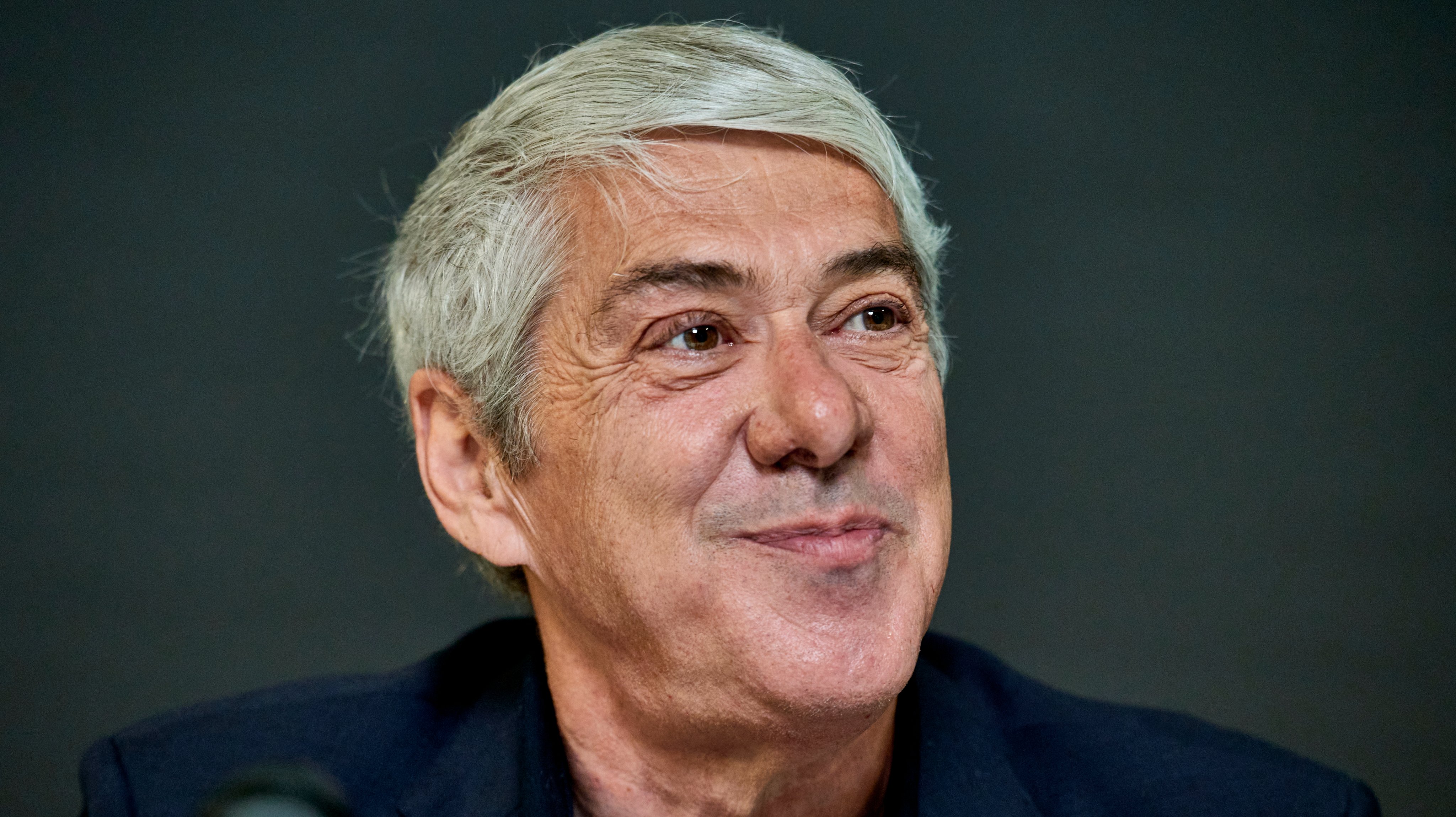Former Prime Minister José Sócrates asked the Superior Council of the Judiciary (CSM) for clarification on the reasons that led the judge in his case, Operação Marquês, to request a transfer to another court.
“The judge’s move is not to another district or to another region of the country, the move is next door. Change of patio, within the same building. Absolutely extraordinary”, says José Sócrates in a letter addressed to the CSM, in which he reveals that he has just “heard from the press that the CSM has decided to move to another court” Judge Margarida Alves, who had been handed out “case 16017that is, as he himself explains, “the Marquês Process in its shortened version of pronunciation”.
In the letter to the judges’ management and disciplinary body, its president and other advisers, José Sócrates says that the news is accompanied by information from the CSM that “the change was requested by the judge herself”, but he stresses that “the substitution of a judge in the course of a process is a serious matter”.
“The reasons for this to happen cannot be frivolous, but must be understood by everyone, in particular by those who are directly interested in the matter, since they are part of the process for which the judge was selected as the natural judge. In the specific case, nothing is known. The reason for the request is unknown and the reason for the prompt acceptance of the request is unknown,” observes José Sócrates, who is the defendant in the case in question.
In the letter, the former prime minister also underlines that “the general criteria that guide the evaluation of said requests are not known, nor on what, specifically, the acceptance of the request was based”, adding that, “In short, nothing is known”.
In his words, “as usual, and giving expression to a judicial culture that evolves and deepens through the habit of faits accomplis, the CSM believes that it should take these deliberations of an administrative nature, with incidence, but outside the procedure law and the respective regulations, without the procedural subjects involved being able to inform themselves and rule on exceptions to the constitutional guarantee of the natural judge.”
In this way —says José Sócrates— “under the cloak of dark and mysterious motivations, an administrative file is used to replace the judge determined by the act of procedural distribution by another chosen administratively”.
The former socialist leader adds that “all this is going dangerously too far” and assures that the “The distribution of this process to the judge was falsified from the beginning, before the arrest”.
“In better terms, the distribution of the process was manipulated to allow the arrest. Now, more recently, the Court of Appeal, a higher court, refuses to comply with the law and to bypass the judges who will hear an appeal in this case. They affirm that the law is not in force, as if there were no regulations in this law that are enforceable by themselves and that do not need any additional regulations to be applied, ”the former head of government also complains.
Not satisfied with the way in which the CSM decides to replace the judge in the case, “without further explanation”, José Sócrates considers that what “immediately happens to any spirit is if the Portuguese State appoints judges for specific cases”.
“The rule now is that we have specially chosen judges for cases considered special? Is this the level we have reached? Has the Portuguese State decided, now without disguise, to transform the Parquês Process into an exceptional case? Socrates wonders, stating that in this process “twice already, the judges were appointed in an absolutely irregular manner”.
“This judge relocation incident seems, for now, it only seems like the third time the state has appointed a special judge to the case. Not once, not twice, but three times”, insists the author of the letter to the CSM.
José Sócrates stresses that “you cannot be satisfied with what is happening”justifying that with the letter it intends to initiate a process of clarification “in order to guarantee that the judicial system acts with total transparency and integrity.”
“I wish to be informed, lawyers, of the reasons given by the judge when requesting the change. I wish to be informed of the general criteria that are used by the CSM to decide these cases. I would like to know, in the specific case, what was the criterion, within these, that was applied to grant such a request. In any case, this decision of the Council did not contribute to strengthening the confidence of citizens in the independence of the courts or in the impartiality of the judges”, concludes Sócrates, requesting a response to the information requested by him.
However, on the 20th it was announced that the Public Ministry (MP) asked Judge Margarida Alves to question José Sócrates about his trips to Brazil, an initiative against which the former Prime Minister’s lawyer, Pedro Delille, opposes. who understands that the initiative of the MP is “absolutely illegal” and that Socrates has already publicly explained the trips to Brazil with his doctorate.
José Sócrates was accused in the Operação Marquês process by the MP, in 2017, of 31 crimes, namely passive corruption, money laundering, document falsification and tax fraud, but in the preliminary decision, on April 9, 2021, Judge Ivo Rosa decided to acquit José Sócrates of 25 of the 31 crimes, pronouncing him to trial for three crimes of money laundering and three of forgery of documents.
Source: Observadora
